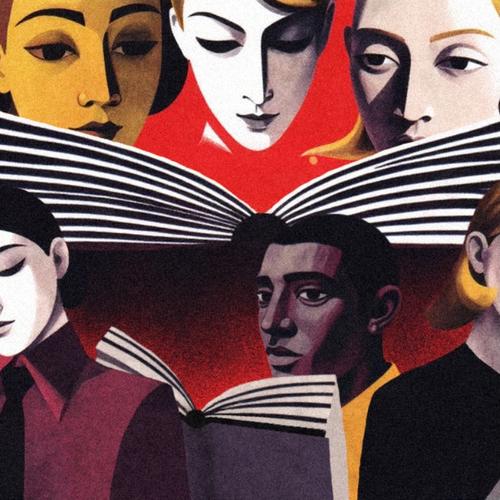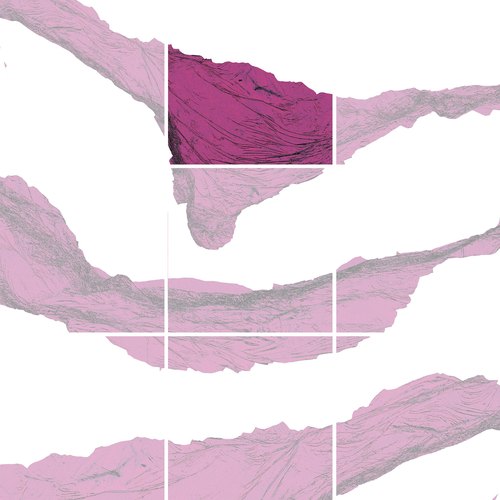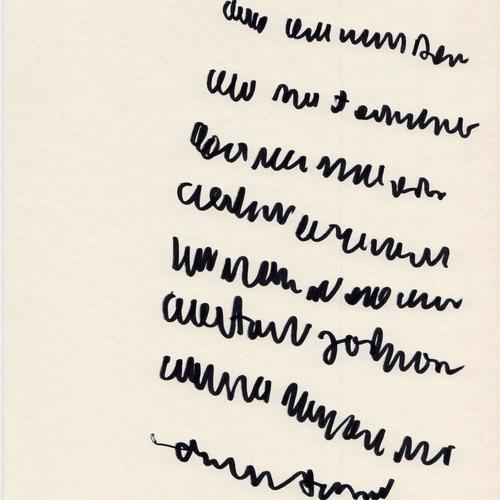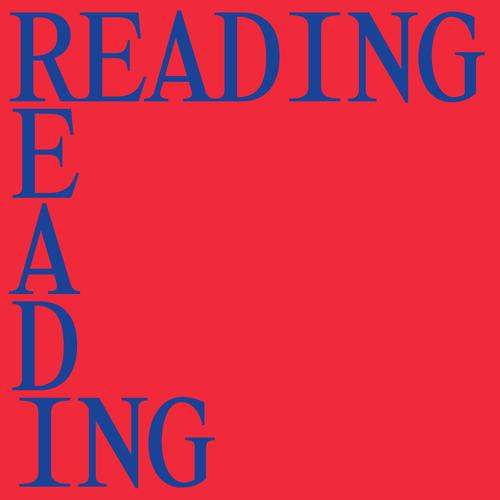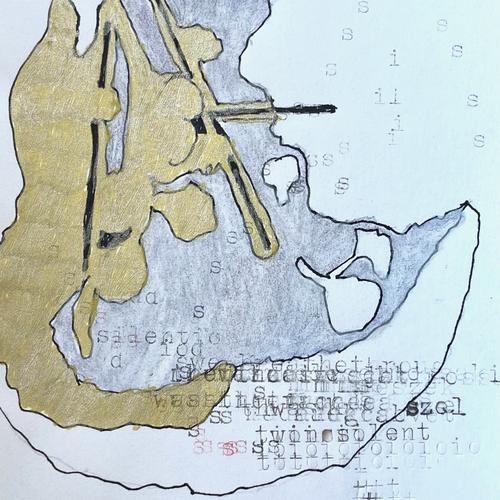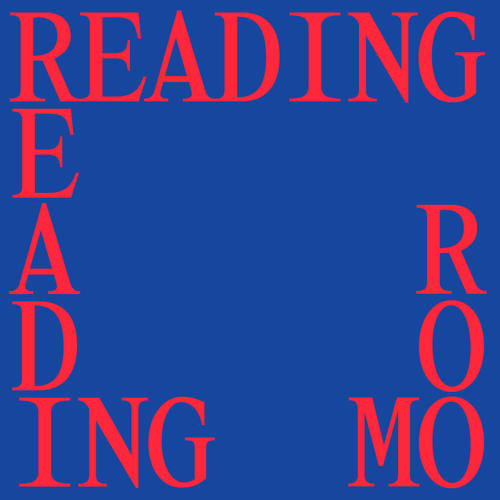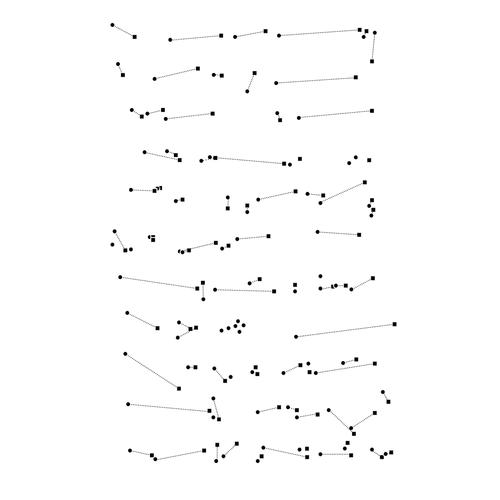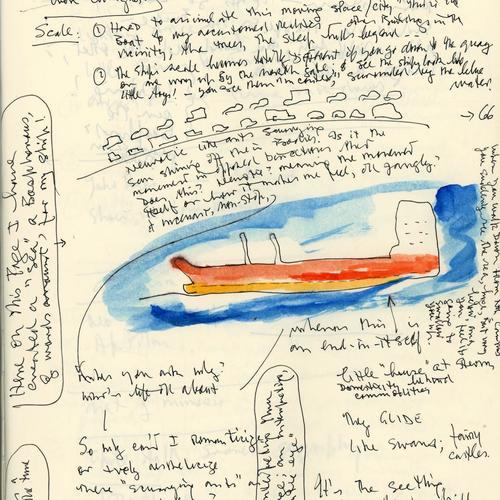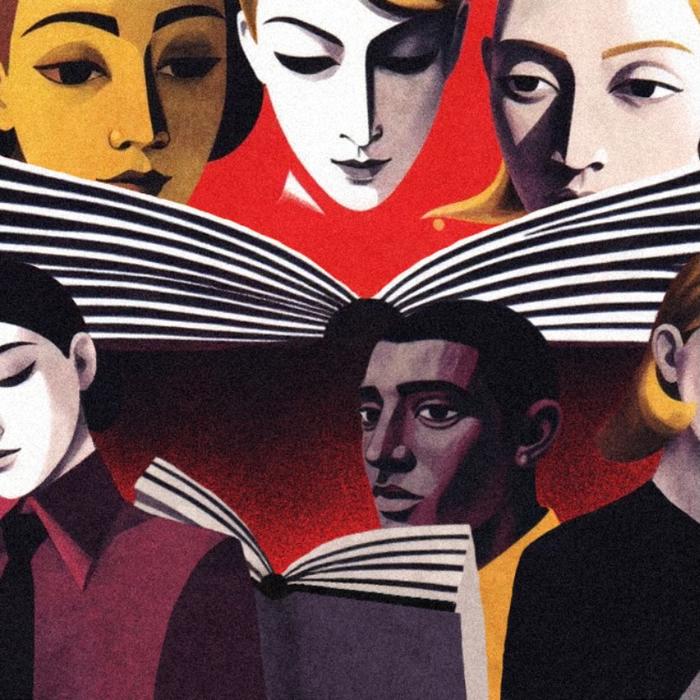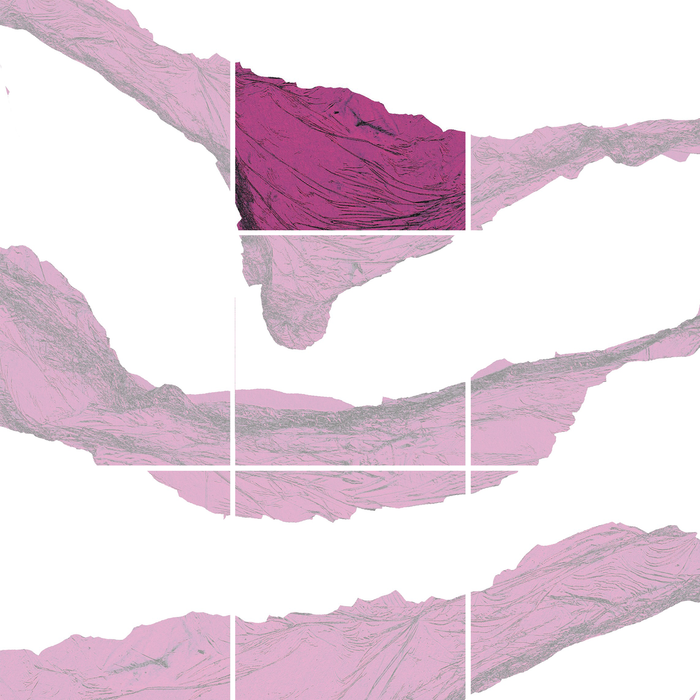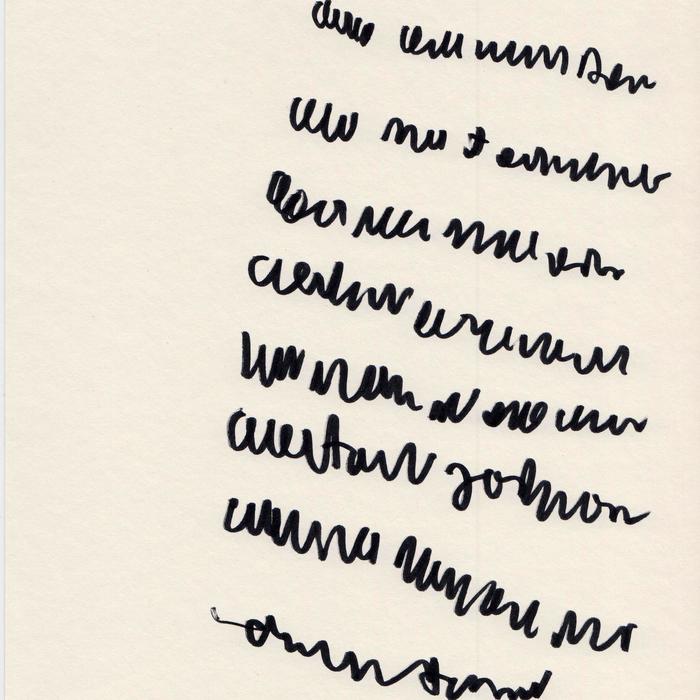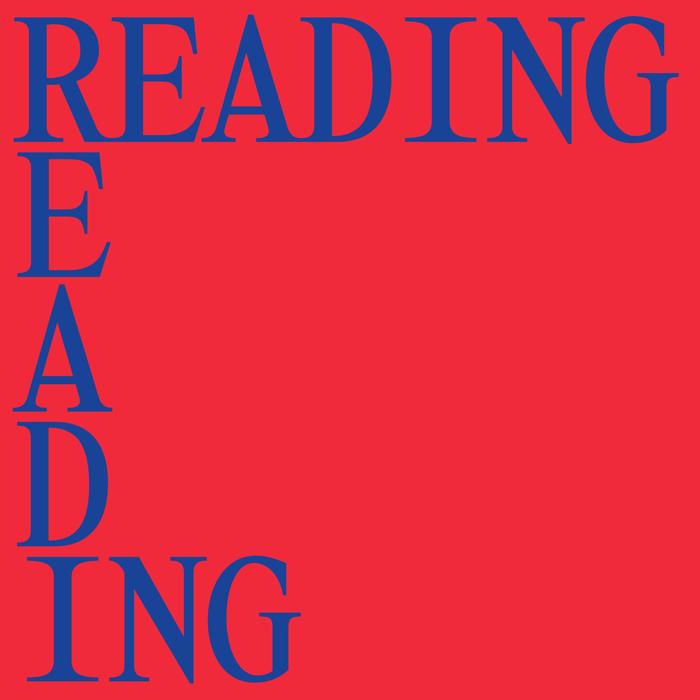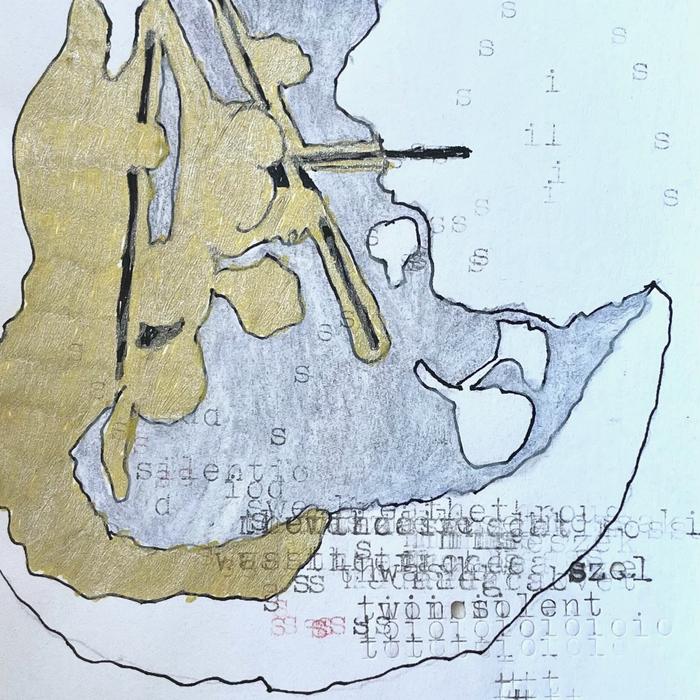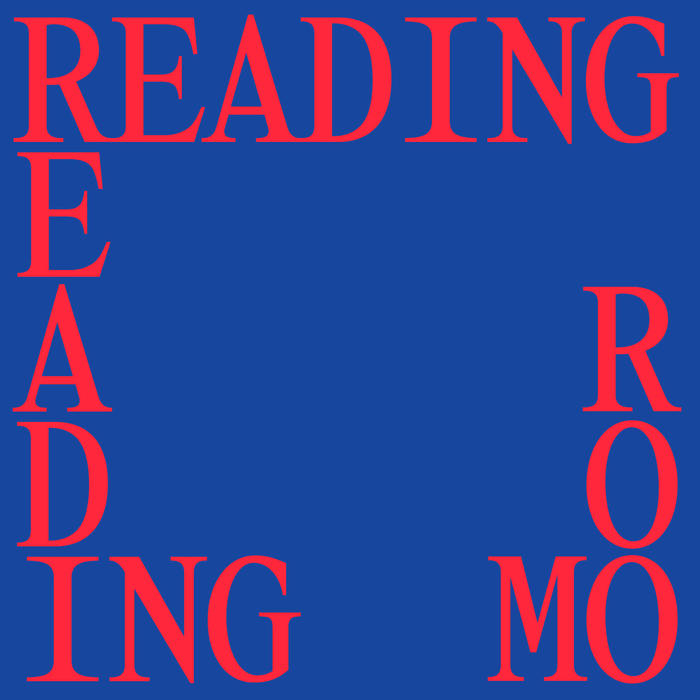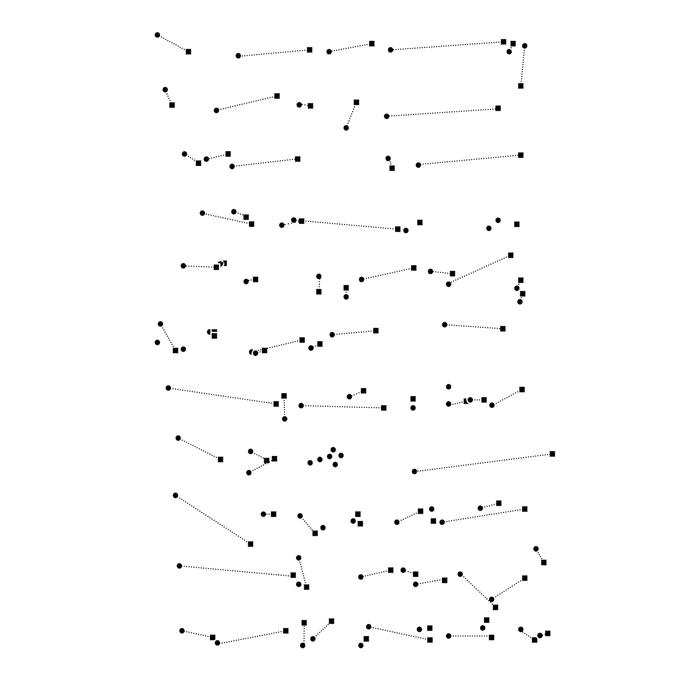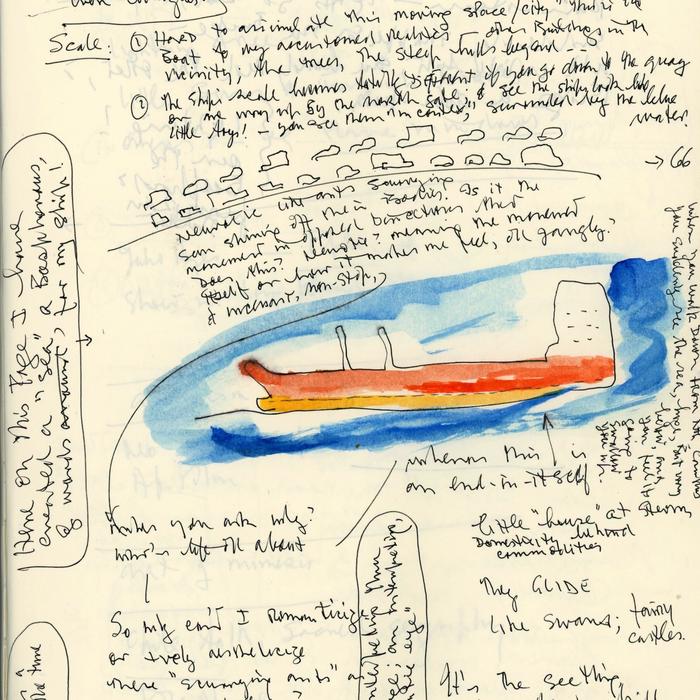Reading Reading. On an Aesthetic Practice (2024–)
Barbara Bausch, Research Area 4: "Literary Currencies"
Professional-Track Postdoctoral Project
In the face of global predicaments in which there is an urgent need to fundamentally rethink social relations amidst a spreading feeling of powerlessness, contemporary literary production is reacting with a re-evaluation of political writing. It is not only in German-speaking countries that a reflection on the potency of aesthetic practices through intensified work on the literary form can be observed – namely on an open, unstable, dynamised form that places reading as an aesthetic, community-building and potentially critical practice at the centre of attention. On the one hand, the texts explicitly expose themselves as texts fed by the practice of reading and inscribing themselves in transtemporal discourses and communities; on the other hand, they attempt to model spaces of experience and reflection through their formal design rather than immersive readings. Readers are overtly addressed as participants in a communal "literary work" (Barthes) and encouraged to engage in self-reflective, interventionist reading.
The project is thus dedicated to reading as an aesthetic, i.e. (according to Reckwitz) self-referential, creative, affective, experimental and potentially political practice. Between receptivity and collaboration, reading is an act in which subjects and entities are first formed in a relational exchange. It is an act which, through communication, can create or strengthen cross-temporal and transcultural connections, reorganise the view of the past as well as the present and can be regarded as an arena for social self-understanding.
But reading as a practice between human actors, genres, media or political projects is notoriously difficult to observe—according to Christian von Herrmann and Jeannie Moser, it can only be tracked down "in flagranti". The Professional Track Postdoc project responds to this challenge with a twofold approach. On the one hand, it approaches the subject from the perspective of literary studies via theoretical and literary texts that have transferred the knowledge of reading into their form, asking how processes of inclusion and exclusion are textually staged, modelled and evoked. On the other hand, it sounds out the connection between individual and communal, quiet and loud reading and the creation of temporary and transtemporal communities in actual embodied performance by means of explorative collaborative formats. At the junction of scientific and artistic procedures, the project investigates how literature as a material, social and performative practice that only exists in action is realised and transformed in the practice of everyday, academic and literary reading and how it can be socially effective as aesthetic doing, "a provocation, a rebellion" (Cixous).
